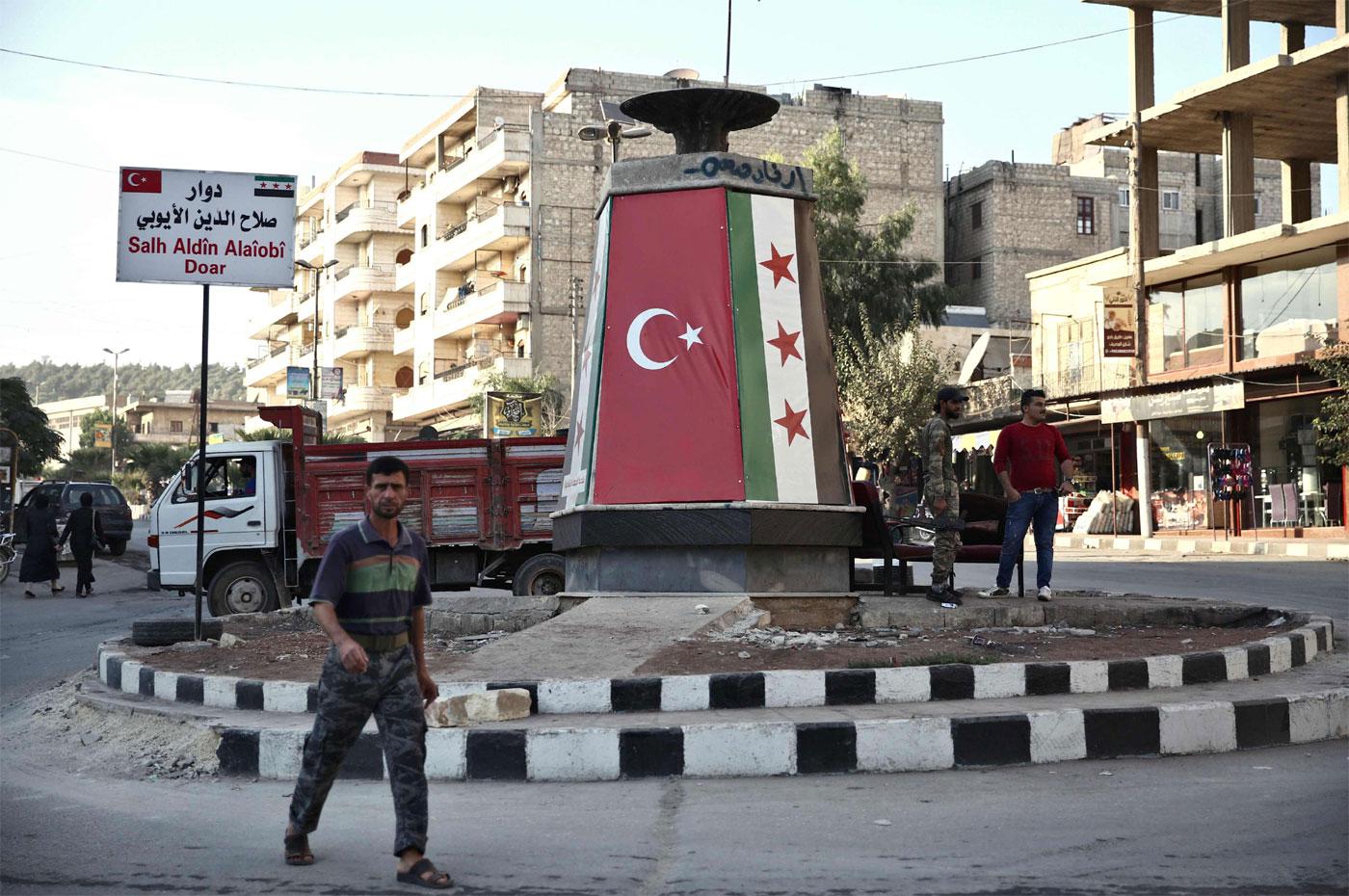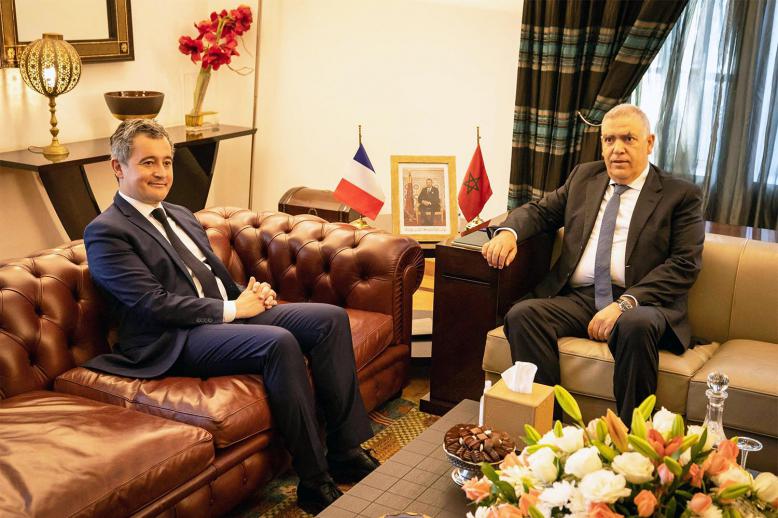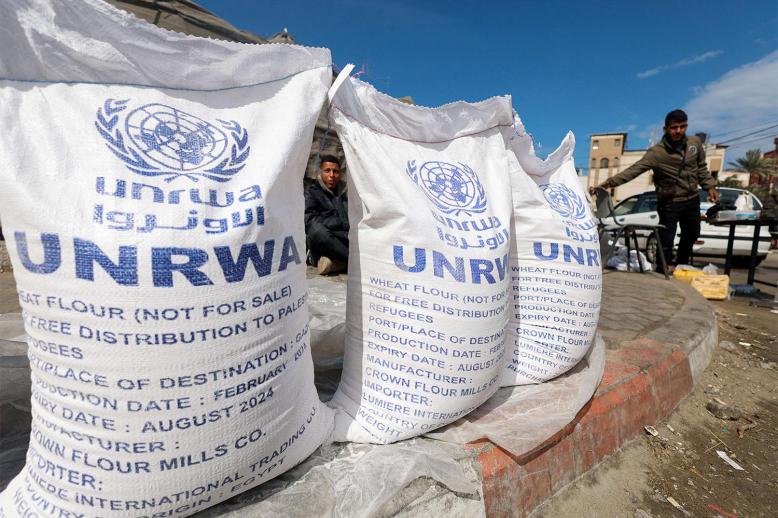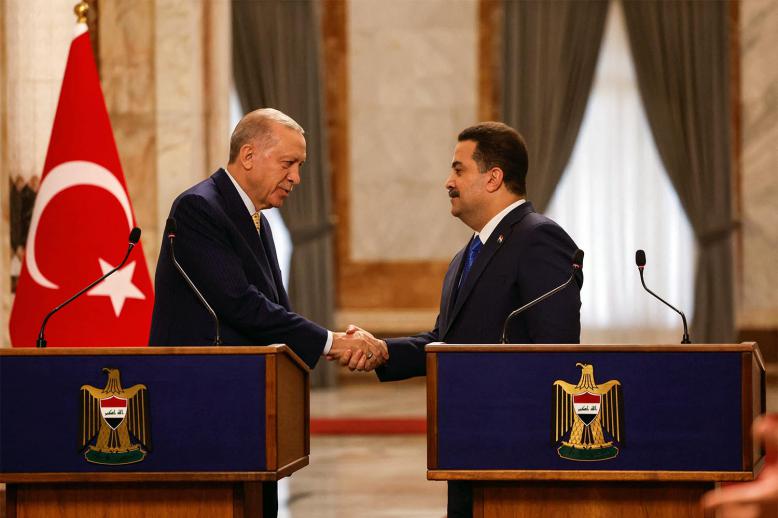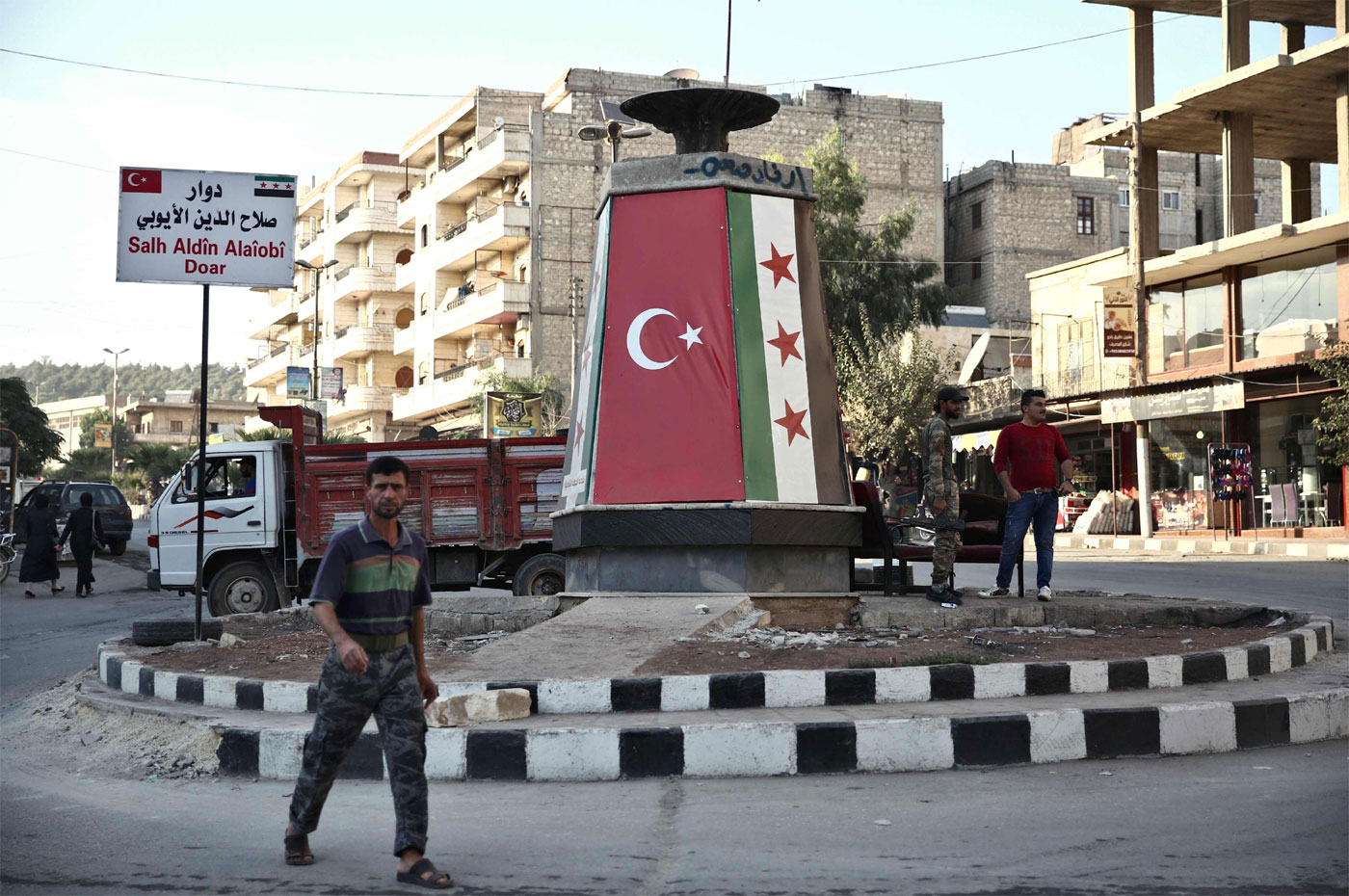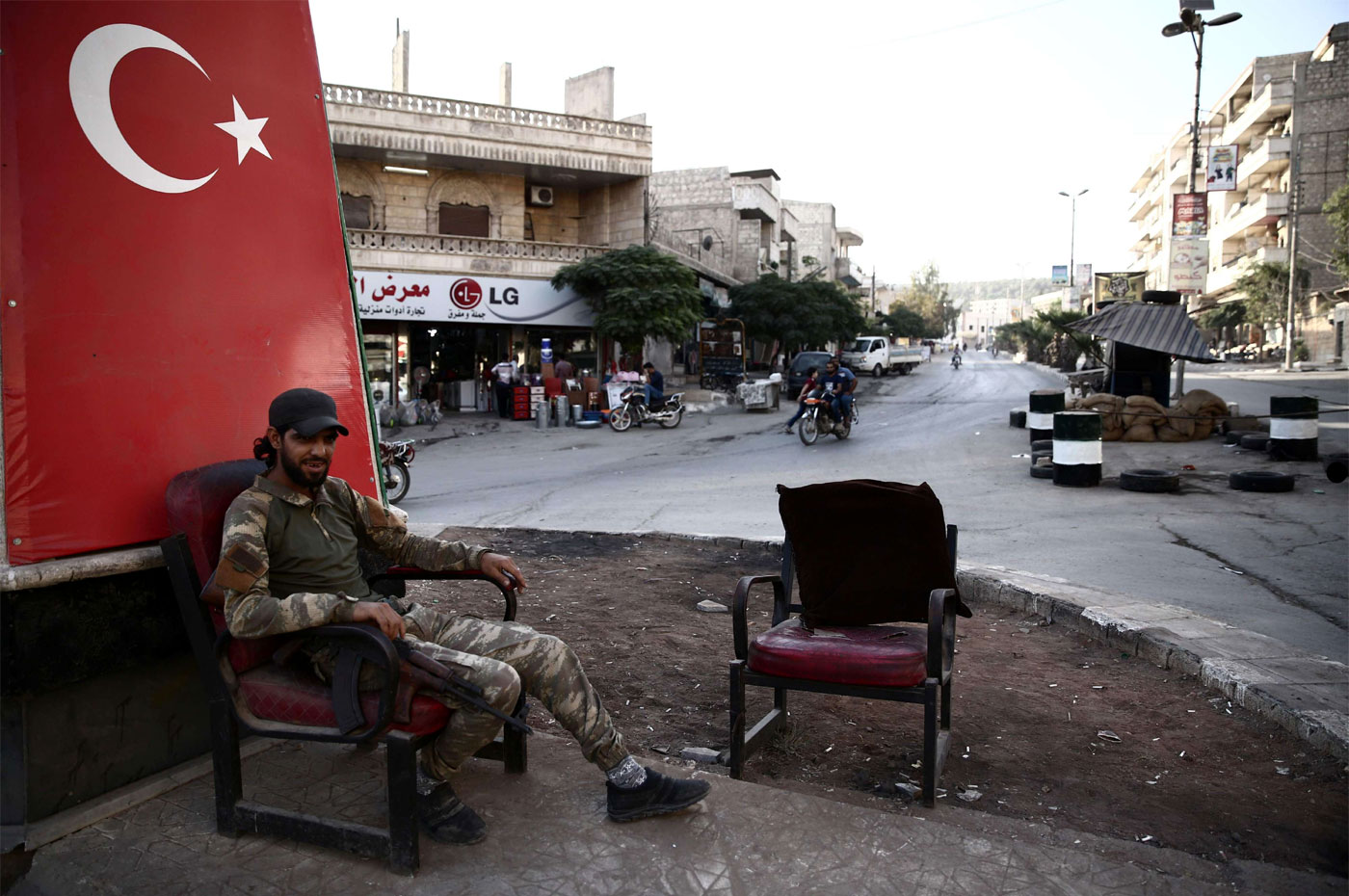
Afrin residents suffering from Turkish-backed rebels’ abuses
AFRIN - From kidnappings for ransom to armed robberies and torture: residents of Syria's Afrin region say they are suffering a litany of abuses at the hands of Turkish-backed rebels.
They say the fear of harassment has kept them shuttered inside their homes since Ankara and its Arab rebel allies overran the then overwhelmingly Kurdish city in March after a two-month air and ground offensive.
Their testimonies, given under pseudonyms because of fear of retribution, paint a picture of a chaotic city with little protection for civilians.
"They robbed my son's house and didn't leave a thing -- not even the clothes," says 55-year-old resident Ahmad.
His own motorcycle and 20 gas canisters were seized by rebels, who also looted his family's liquor store.
Since Turkish troops and pro-Ankara Arab rebels captured the city from the Kurdish People's Protection Units (YPG), the United Nations and human rights groups, including Amnesty International, have documented widespread abuses.
Half of the enclave's 320,000 residents fled, according to a recent report by the UN Commission of Inquiry, and most are unable to return.
Those who have often found their homes occupied by fighters or by Arab civilians displaced from other parta of Syria, the UN said.
Other returned to homes "stripped of furniture, electrical appliances and all decor," in large-scale looting.
Ahmad and his family fled the fighting but came back recently to scenes of devastation with their property looted and their hometown barely recognisable.
"When we came back, not even our tractor was left," he said.
"They don't even let us sleep at night, with all the shooting."
Kidnap for ransom
Other residents have been forced to buy back stolen cars for up to $5,000 or pay bribes at checkpoints to access their property, according to the UN commission.
Salim, 50, owns several olive groves in the fertile agricultural land outside the city but he can no longer reach them without permission from the new authorities.
"If you don't get a paper from the local council, you can't enter your own land," the father of three complains.
Even with authorisation, the roads are dangerous for Kurdish civilians.
"A rebel faction could find you on the way to your land and kidnap you for a ransom," ranging from $15,000 to $50,000, he says.
"Kurds don't dare leave their homes."

Both the UN and the Syrian Observatory for Human Rights reported cases of kidnapping for ransom.
The Britain-based Observatory said it documented at least 40 people abducted and taken to "hostage houses" in recent weeks.
Detainees are tortured and beaten, their relatives asked to pay to secure their release.
Abductions have become "a way to make money," the monitor said.
Rebel factions have accused Kurdish residents of being loyalists of the Damascus regime, or members of the YPG or its Turkish rebel ally, the Kurdistan Workers' Party (PKK).
"They accused me once of being a shabiha (pro-government militiaman), and another time of being a PKK member," says Ibrahim, an industrial worker in Afrin.
Ankara is bitterly opposed to the YPG, which also holds swathes of northern and northeastern Syria with the backing of a US-led coalition, regarding it as an extension of the PKK, which has waged a deadly insurgency against Kurdish troops in southeastern Turkey since 1984.
"They arrested me, took me to a base outside Afrin, hung me on the balango and hit me," says Ibrahim.
The "balango" is a torture method notorious across Syria, by which the victim is hoisted in the air for hours from wrists tied behind the back.
'Blood spilt for nothing'
Turkey has denied allegations of abuses, and rebels say proven offenders are punished.
But residents say not enough is done to curb violations. And it is not only Kurds who have fallen victim to the lawlessness.
Samia, an Arab student in Afrin, says she has been permanently scarred by her father's brutal killing by armed men trying to steal their family car.
"The first time they tried, my father kicked them out of the house. They came back a second time for revenge and killed him," she recounts.
Rebels investigated, but "the killer went to jail for just one month," she said.
"My father's blood was spilt for nothing."
The UN and Amnesty have also reported patterns of house appropriations by fighters and civilians bussed to Afrin during the April surrender to government forces of the rebel enclave of Eastern Ghouta suburb outside Damascus.
Some relocated families have opened businesses in Afrin, including the Ghouta Pastryshop and Damascene Dame restaurant.
Parts of Afrin have even been renamed to reflect its new authorities.
One is a traffic roundabout formerly called Kawa, after the legendary blacksmith and Kurdish symbol of resistance whose statue once stood there but was destroyed by the rebels after their capture of the city.
Now, a banner in Arabic and Turkish identifies it as "Olive Branch Circle," after the name that Turkish commanders gave to their operation to drive Kurdish forces out of the enclave on the border with Turkey.
Another sign reads: "President Recep Tayyip Erdogan Square."
Abu Jihad, 60, misses Afrin's calmer days, before its seizure by the Turkish-backed rebels.
"Injustice, injustice, injustice, and no one is holding them accountable," he sighs.

